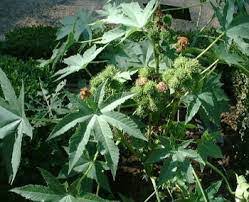Caribbean False Mussel : Report

A recent report from the Intergovernmental Platform on Biodiversity and Ecosystem Services (IPBES) said that the spread of an invasive species, the Caribbean false mussel (Mytilopsis sallei), is wiping out the native clams and oysters in Kerala.
- Caribbean false mussel is originally from the Atlantic and Pacific coasts of South and Central America.
- It could have reached the Indian coast through ballast waters i.e the seawater that ships carry inside for better stability and later spread to the estuaries through smaller fishing vessels.
- This invasive species has spread across estuaries from Thiruvananthapuram to Kasaragod.
- It has also started affecting the mussel aquaculture farms in Kerala.
- It reproduces rapidly, is very tolerant, and can even survive in freshwater.
- They grow in similar habitats where our mussels grow and displace them massively.
- It can be found growing on hard surfaces such as logs, stones, shells, and artificial structures.
IPBES:
- It is an independent intergovernmental body.
- It was established in Panama City in April 2012 by 94 Governments.
- It aims to strengthen the science-policy interface for biodiversity and ecosystem services for the conservation and sustainable use of biodiversity, long-term human well-being and sustainable development.
- It is not a United Nations body. However, the United Nations Environment Programme (UNEP) provides secretariat services to IPBES.
- Headquarter – Bonn, Germany




